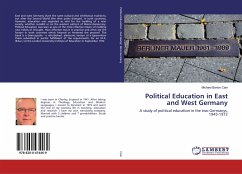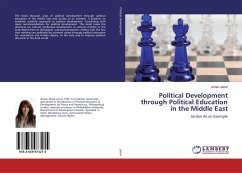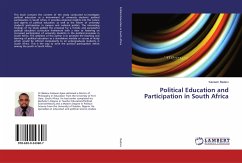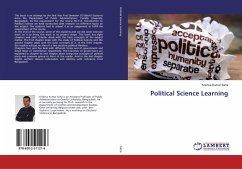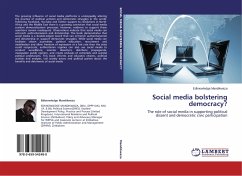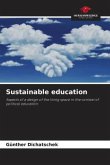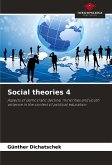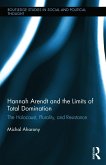East and west Germany share the same cultural and intellectual traditions, but after the Second World War their paths diverged. In both countries, however, education was regarded as vital for the building of a new society, whether socialist or on the western pattern of liberal democracy. Political Education was seen as one of the most effective means of instilling new habits of thought. How effective was it in practice and what are the factors in both countries which favored or hindered the process? This book is a time-capsule - a refurbished, electronic version of a typewritten thesis submitted in partial fulfillment of the requirements for an M.A. (Educ.) at the London University Institute of Education in September 1972.
Bitte wählen Sie Ihr Anliegen aus.
Rechnungen
Retourenschein anfordern
Bestellstatus
Storno

